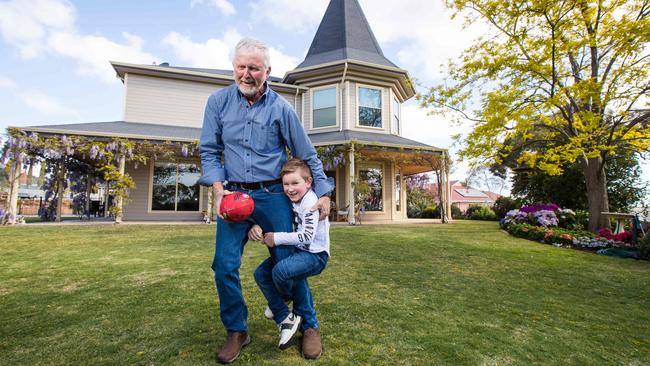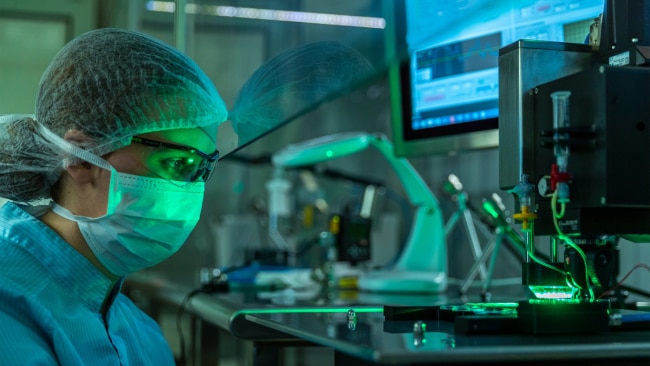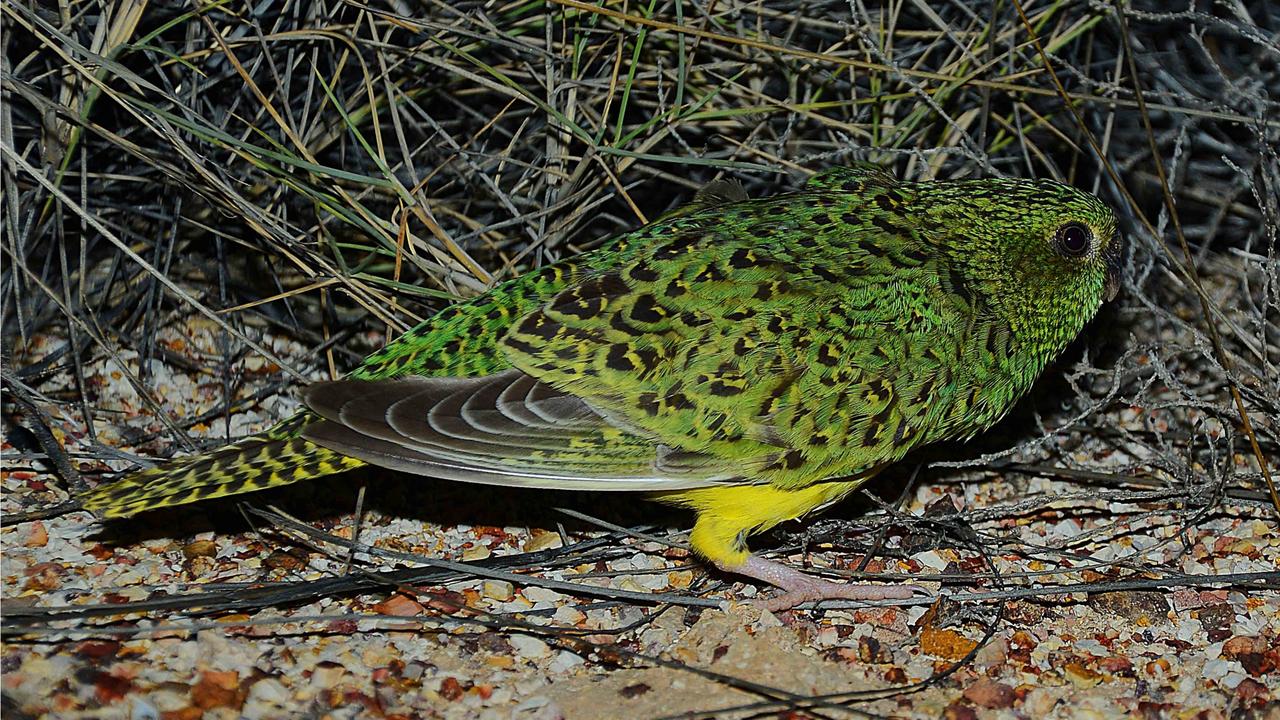Kidney cancer therapy works but cost is a killer
Darryl Black was told he had just three months to live. That was almost four years ago.

Darryl Black was told he had just three months to live. That was almost four years ago.
The 62-year-old grandfather from Adelaide’s northern suburbs now wants others to access his lifesaving cancer treatment at an affordable price.
In early 2015, Mr Black became one of the first Australians to receive combination immunotherapy for advanced kidney cancer as part of a worldwide trial conducted by American pharmaceutical giant Bristol Myers Squibb.
The trial of almost 1100 previously untreated sufferers of renal cell carcinoma — the most common form of kidney cancer — who were deemed to have a poor prognosis, exceeded expectations.
Nine per cent of those who took the combination treatment are, like Mr Black, now in complete remission. Almost half of the participants experienced serious side effects and some discontinued the trial.
Immunotherapy uses the body’s immune system to fight the cancer. The combination treatment of nivolumab and ipilimumab — better known by their brand names Opdivo and Yervoy — which Mr Black continues to receive fortnightly despite being cancer-free, was recently approved by Australia’s Therapeutic Goods Administration.
This registration was the first TGA-approved combination immunotherapy for patients with advanced kidney cancer. Approval has also been given by the Food and Drug Administration in the US.
At a cost of $100,000 a year, the intravenous treatment is unaffordable for most people but the Pharmaceutical Benefits Advisory Committee will next month consider whether to make it available via the Pharmaceutical Benefits Scheme.
Factors assessed will include clinical effectiveness, safety and value for money when compared with other treatments.
“The government just has to put this on there (PBS). It’s been lifesaving for me,” Mr Black said.
“We’ve got government subsidising all these different industries and organisations with many millions of dollars, but here we are in the 21st century with people dying because they can’t afford the medication that could save their life. It’s ridiculous, absolutely ridiculous.”
Kidney cancer is the ninth most commonly diagnosed cancer in Australia. More than 3600 new cases are expected this year. It is estimated that 1069 Australians will die of kidney cancer this year, two-thirds of them male.
Mr Black’s oncologist, Rohit Joshi, said adding the therapy to the PBS made economic sense.
“Using the example of Darryl, he’s worked as a builder so for the last three years, he’s back to full-time work while on the medication, so if you have to equate that $100,000 (cost) into what he puts back into society, it’s a no-brainer,” Dr Joshi said.
Mr Black said his recovery was soured by the death of his wife from cancer last year. Tina Black had a rare and aggressive form of ovarian cancer and died six months after being diagnosed.
“I’m very fortunate, very, very lucky, but my wife was not so lucky,” Mr Black said.




To join the conversation, please log in. Don't have an account? Register
Join the conversation, you are commenting as Logout